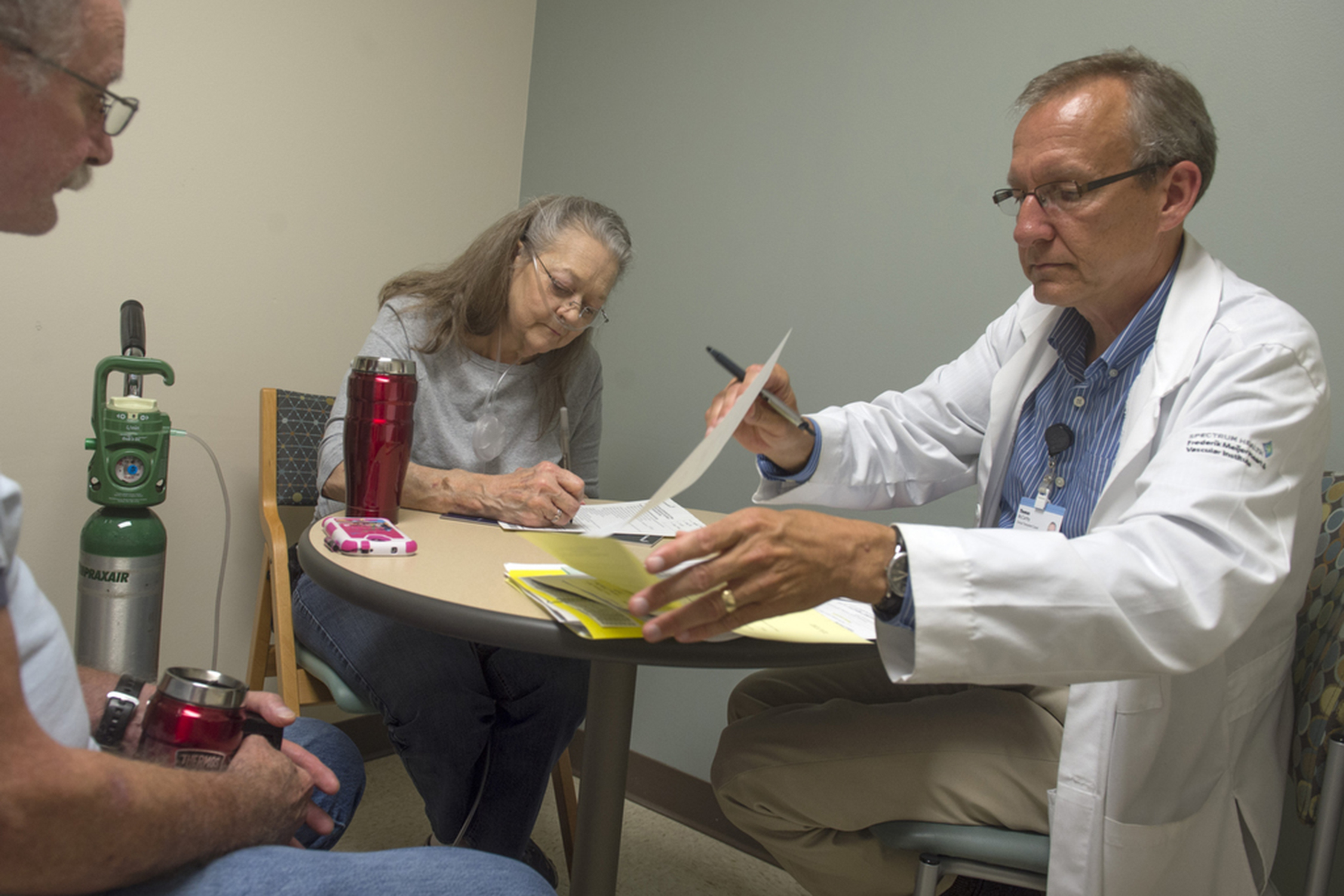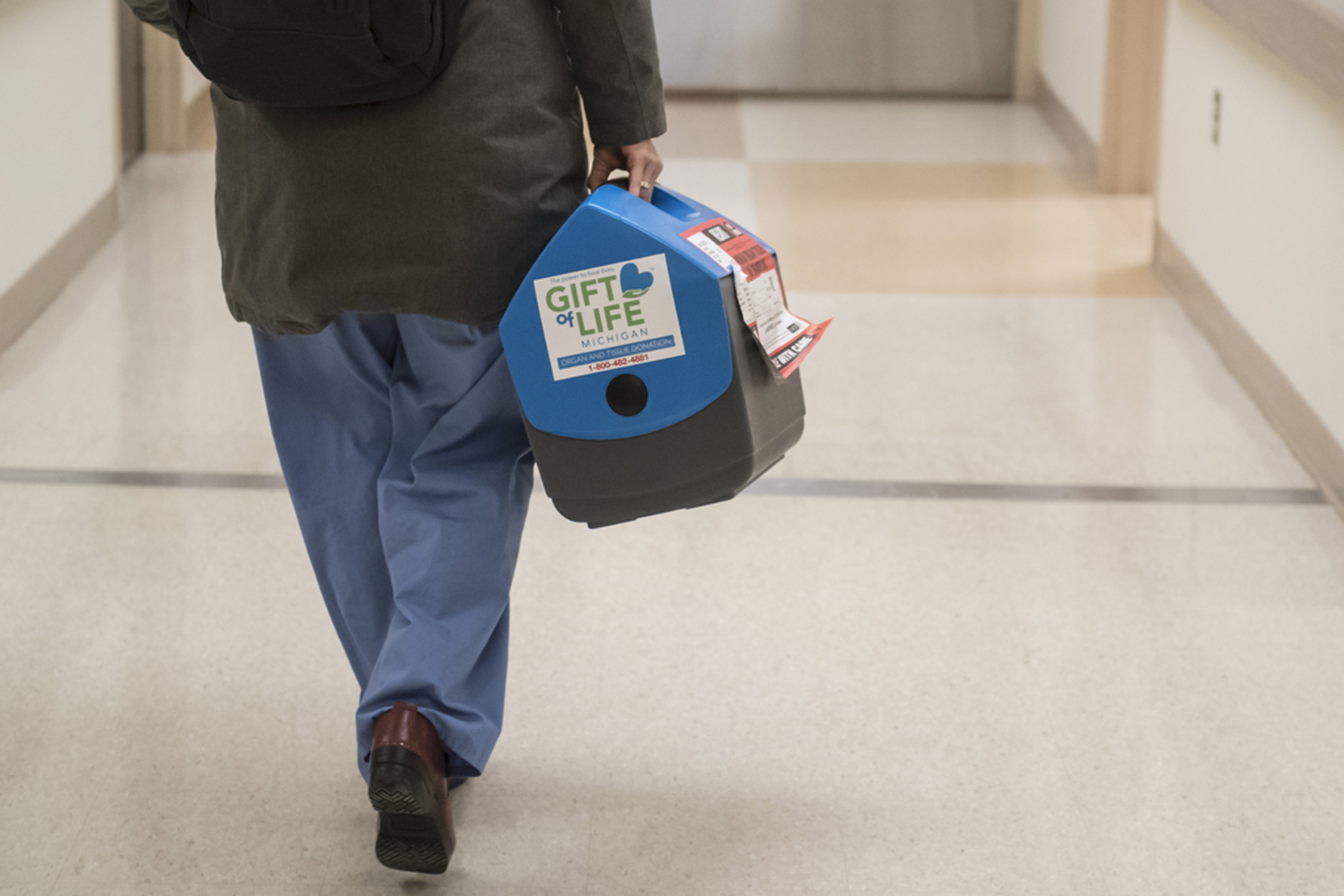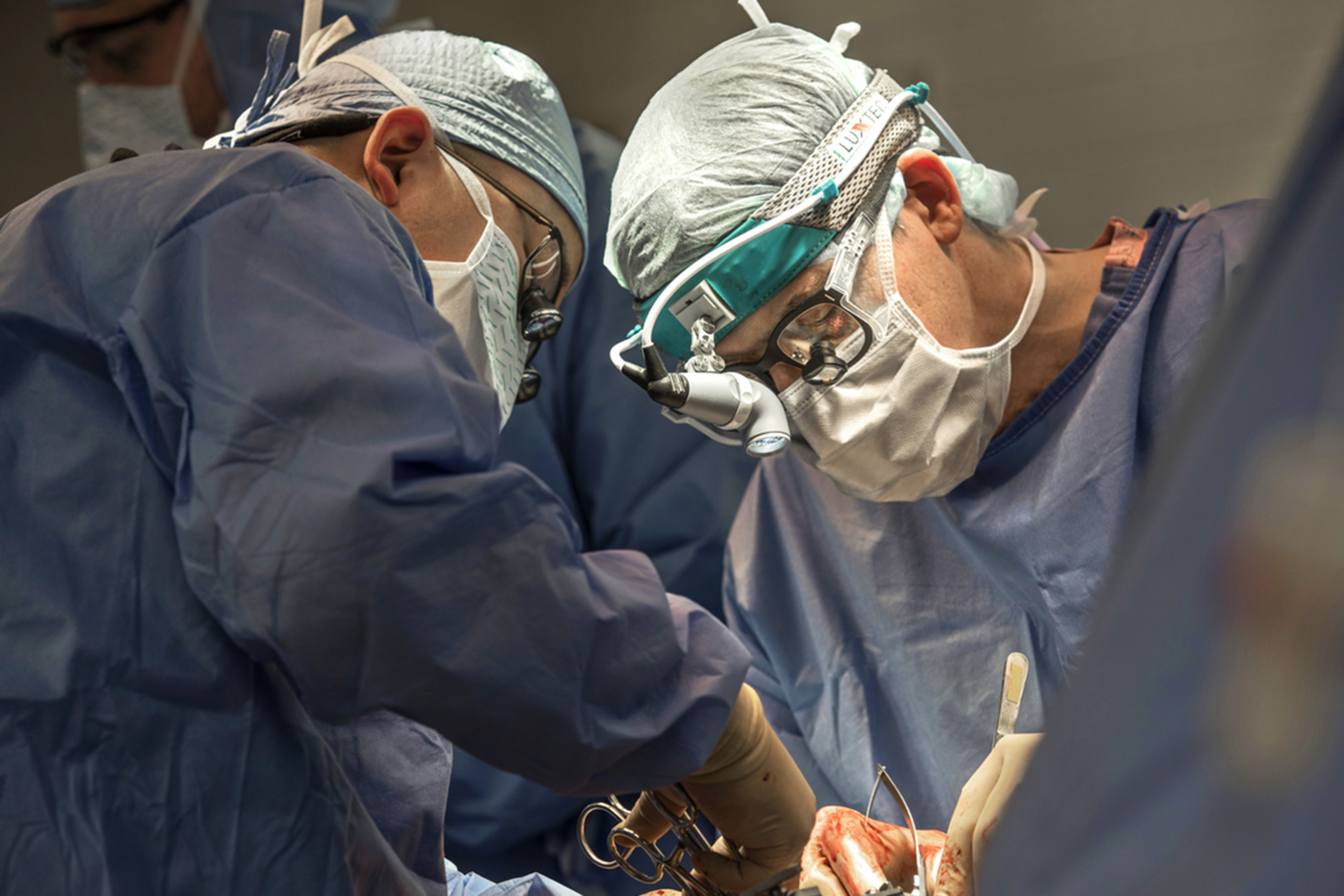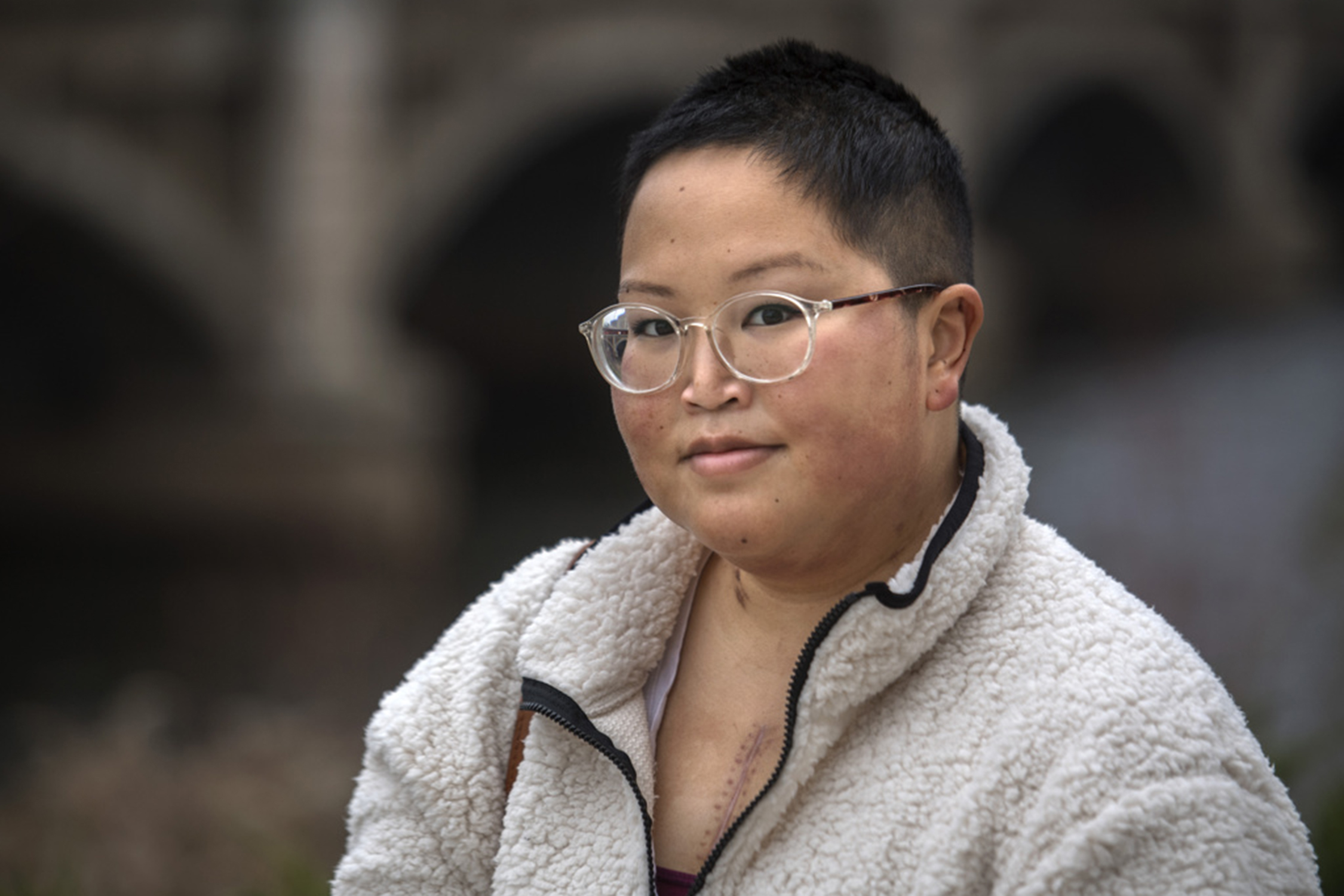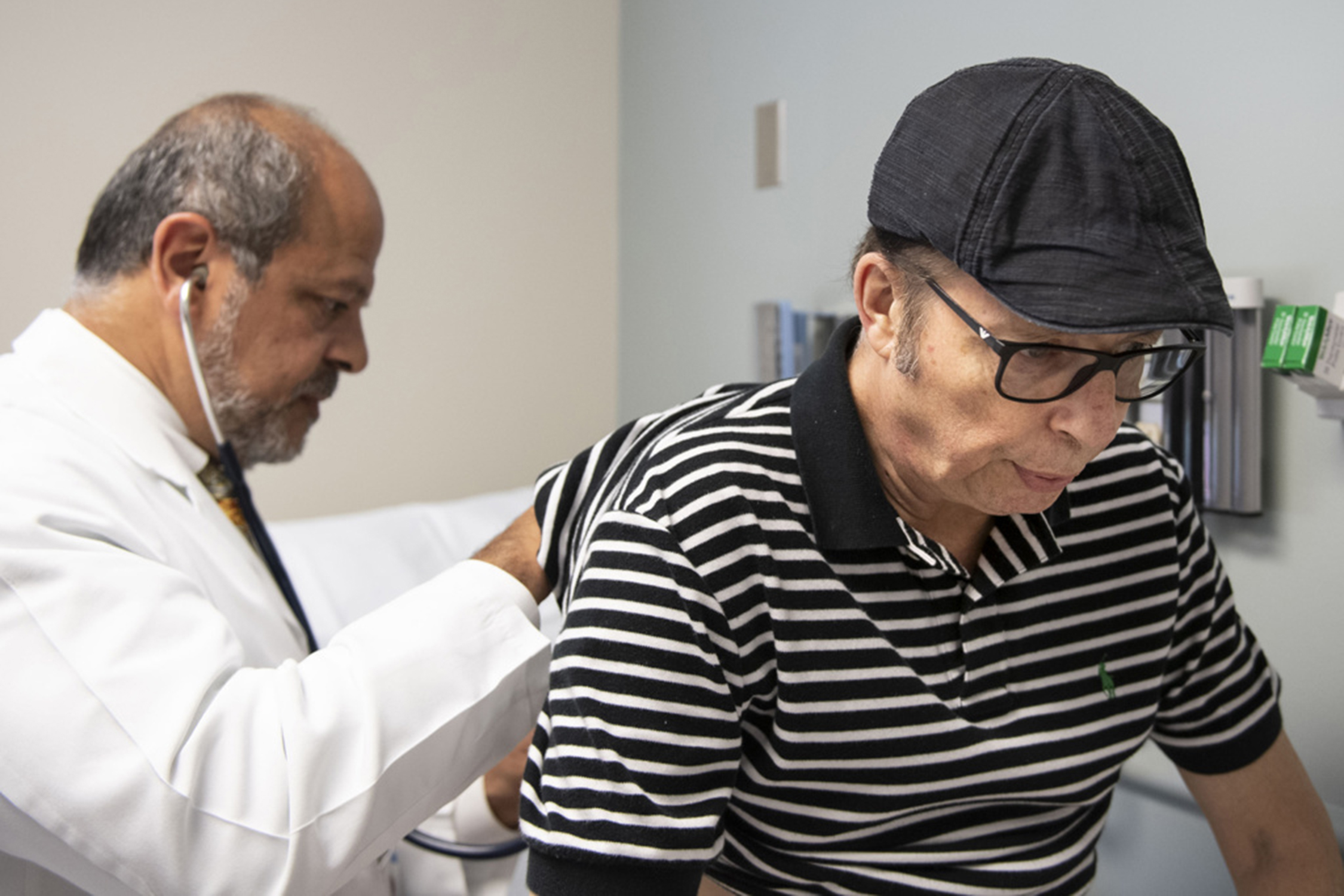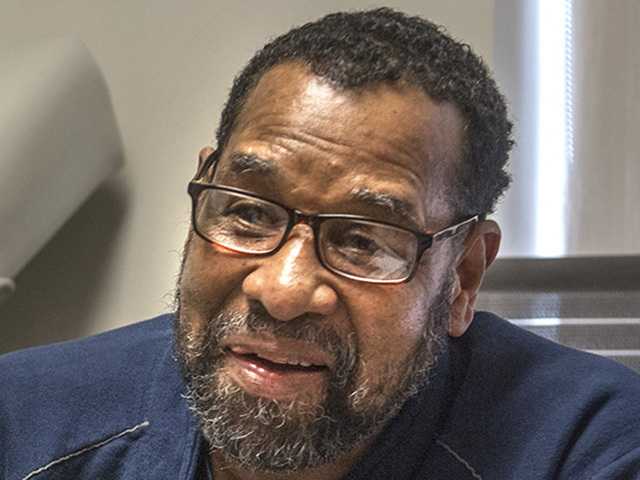
What to expect
At the Spectrum Health Richard DeVos Heart & Lung Transplant Program, we provide all the information and care you need to handle the physical, emotional and financial issues involved in transplantation. We are here for you before, during and after the transplant process, offering you guidance every step of the way.
Transplant care journey
Evaluation
While on a waitlist
Transplant surgery
Life after transplant
Transplant clinic
Meet your care team
You
You're a key member of the team, working with us to take care of your new organ.
Care Giver
I'm a family member or friend who supports you as you recover from surgery.
Transplant Physician
I manage the disease process and also manage the transplanted organ after surgery.
Transplant Surgeon
I perform your transplant surgery.
You
You're a key member of the team, working with us to take care of your new organ.
Care Giver
I'm a family member or friend who supports you as you recover from surgery.
Transplant Physician
I manage the disease process and also manage the transplanted organ after surgery.
Transplant Surgeon
I perform your transplant surgery.
Transplant Coordinator
I educate about evaluation and transplant and coordinate appointments and tests.
Social Worker
I help develop plans to address any needs or concerns prior to transplant.
Pharmacist
I provide education on medications, side effects, complications and medication safety.
Dietitian
I educate patients and families on nutrition needs after transplant.
Financial Counselor
I help patients and families understand the complex financial details associated with transplant.
Palliative Care
I help provide relief from troubling conditions and improve quality of life at any stage of the disease process.
Psychologist
I provide support and guidance, help patients make decisions and clarify feelings to determine next steps.
Hospitality
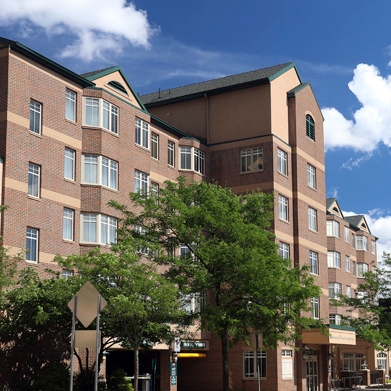
The Renucci Hospitality House provides affordable, homelike accommodations for families whose loved ones are hospitalized at Butterworth and Blodgett hospitals and Helen DeVos Children’s Hospital. This essential service supports Corewell Health’s mission to improve the health of the communities we serve.
The transplant process
Transplant cost
Waitlist
The call
What to expect after transplant
Rejection and infection
Find a Physician or Advanced Practice Provider
Our experienced doctors and specialists are ready to serve you, right in your community.

